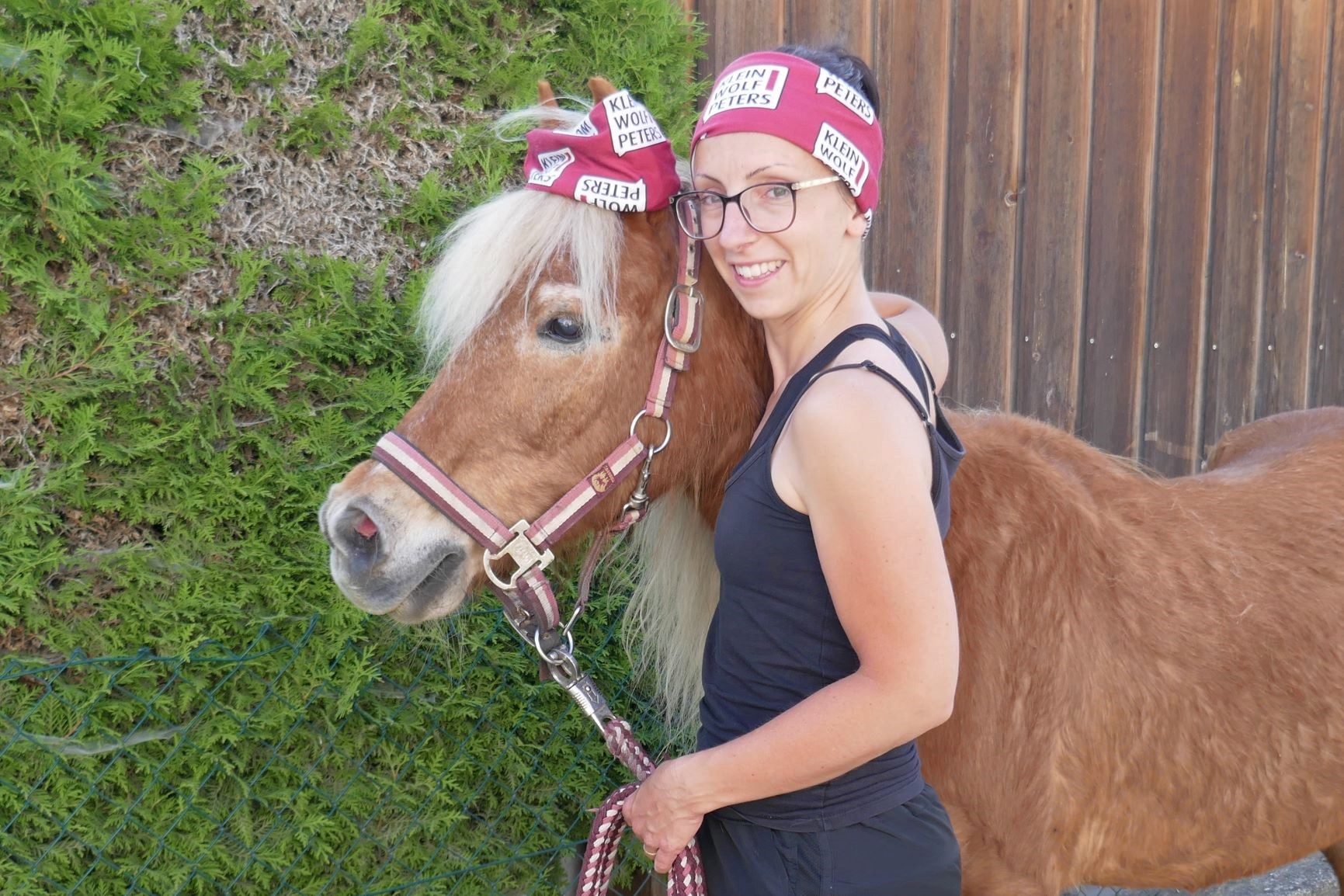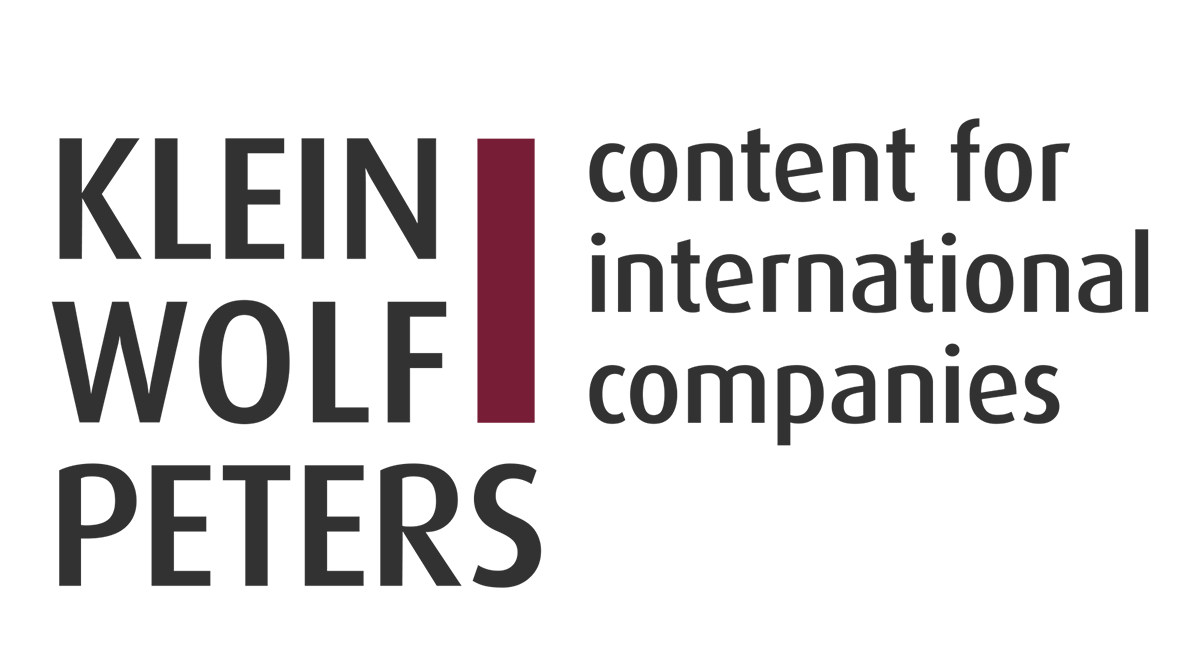
We are wordsmiths: Solveig Rose-Mollard
In this issue: Solveig Rose-Mollard, Key Account Manager & Translator
- What is your goal for 2021?
Normally, I don’t think much of New Year’s resolutions. The way I see it, if I want to change something in my life, why not do it now? In 2021, however, I took a different approach: I resolved to do regular weight training in the basement (a kind of exercise I find incredibly boring in all its variations) so that I’d be ready when it was time to go back to badminton and start competing again. That worked a treat – at least, for two weeks! After that, I felt drawn more to the outdoors, with my trainers, inline skates or bike. So at least I can’t complain about endurance problems now.
- Over the course of your career, have you noticed specific changes in language usage?
I often have the impression that texts are frequently enriched with keywords to grab the reader’s attention. The reason is that in our fast-reading age, target audiences tend to skim over content or their eye leaps around a text out of sequence. This sometimes blurs the link between parts of a sentence or among trains of thought. It’s not something you’ll pick up on if you’re just reading, but when translating, it can be very tricky to correctly interpret what the text is trying to say and convey that message in the target language without disregarding the keywords – after all, there’s good reason for putting them in in the first place. On the plus side, this approach usually results in very idiomatic turns of phrase that seem authentic and not “simply translated”. And there’s another advantage to this apparent textual weakness, namely that it shows why machine translation sometimes simply fails: it doesn’t have the ability to read behind the words for linguistic or cultural nuance, so what it makes of this kind of copy leaves readers in most languages thoroughly perplexed.
- What animal are you tempted to translate literally?
It’s not exactly an animal name, but there’s an interesting parallel between animal idioms in Germany and France: To emphasise an adjective in colloquial spoken German, we add “sau”, meaning “pig”, to it: “saugut”, “sauschwer”, “sauwichtig” – pig-good, pig-heavy, pig-important. In France, they do the same, only based on the word for “cow”: “vachement bon”, “vachement intéressant” – cow-good, cow-interesting. Although I’ve been using both these modifiers for the longest time, it’s only recently that I noticed this connection – and when I did, I was “udderly” amused 😉
- Is the glass half full or half empty?
Depends on what’s in it. Meaning, I usually tend to see the positive in a situation. So to stay with the image, I would say “half full” about a nice glass of red wine. If, on the other hand, life pours me a bitter herbal tea, I can console myself by seeing that it is “already half empty”.
- Working from home: yes or no?
There’s rarely a traffic jam on the way from the bedroom to my office at home, and I can easily move my workplace to the garden as soon as it hits 20 degrees outside. Working from home also means I can be much more flexible in organising my leisure time and family time than if I had to drive home from the office first. To put it in the words of my banker: it’s the optimumest option.
- Lake or ocean?
Why “or”? During our holiday in Ireland, we hiked to Sheep’s Head. After a rather steep rocky climb, there was suddenly a huge lake at our feet and behind it the vastness of the Atlantic Ocean – breathtakingly beautiful!


